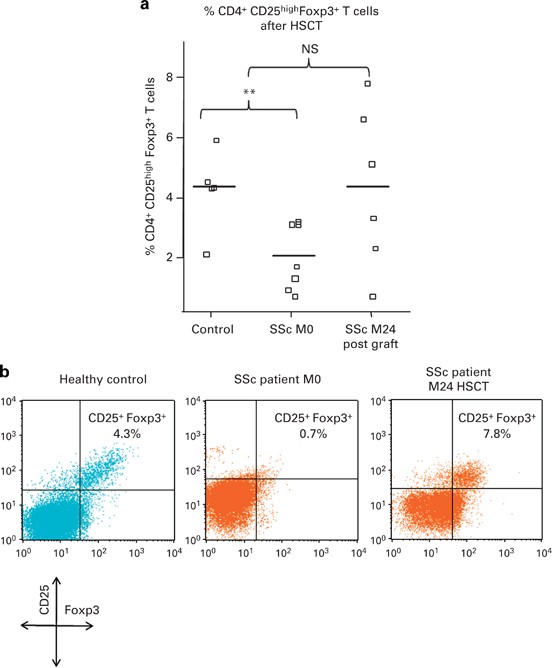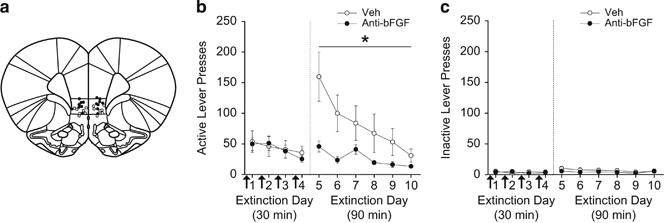
- Select a language for the TTS:
- UK English Female
- UK English Male
- US English Female
- US English Male
- Australian Female
- Australian Male
- Language selected: (auto detect) - EN
Play all audios:
Since the Russian war on Ukraine began three months ago, Kremlinologists have gone into overdrive. Despite official denials that there is anything wrong with Vladimir Putin’s health, there
is a growing consensus that he is suffering from at least one and probably two life-threatening ailments: either thyroid cancer or leukaemia and also a neurological condition such as
Parkinson’s Disease. Recent public appearances show the Russian dictator with various symptoms, from a puffy face (implying steroids or other drugs) to uncontrollably shaking hands and
tapping feet, unsteadiness and a “gunslinger’s gait”. Add to this a fear of Covid or any other infection bordering on paranoia and it seems certain that he is a very sick man. What, though,
will be the political consequences of Putin’s medical pathology? Perhaps the most authoritative insight into the medium term future comes from a distinguished expert familiar to readers of
TheArticle: Sir Richard Dearlove. Since his retirement in 2004 as Director of MI6 (“C”), Sir Richard has served as Master of Pembroke College, Cambridge and is now Chair of the Board of
Trustees at the University of London. But _One Decision_, the podcast which he co-hosts, shows that he has kept his hand in as a seasoned and exceptionally well-informed observer of the
security world. In a new podcast here, Sir Richard offers his opinion on what is likely to happen inside the Kremlin. “We are reaching the end of this regime in Russia,” he says. Putin, he
believes, will be replaced without violence in the next few months: “I think he’ll be gone by 2023 — but probably into the sanatorium, from which he won’t emerge as the leader of Russia.”
Dearlove sees this as the most likely scenario to “move things on without a coup”. He shares the view of other Kremlinologists that the most likely person to take over from Putin during his
treatment is Nikolai Patrushev, the Secretary of Russia’s National Security Council. One recent unconfirmed report claims that Patrushev now controls all access to Putin. “The stand-in in
this scenario probably becomes permanent,” Sir Richard says. “There is no succession plan in the Russian leadership,” he adds with a wry chuckle. Athough Dearlove predicts a regime change as
a result of the war, “that doesn’t mean it is going to disappear”. He expects the dictatorship to “break apart… over the next year, 18 months maybe”, as the effects of the war combine with
Putin’s health to bring about internal change. “There is no question that this Ukrainian venture is a catastrophe. The economy is in a mess, the sanctions are really going to start biting
over the next three to six months, there will be very high inflation and over and above that, militarily it is a complete fiasco.” Let us suppose that the Dearlove hypothesis is correct.
What do we know about Patrushev? Aged 70, he is of the same generation and cut from the same cloth as Putin: both were KGB officers in the Soviet era and Patrushev later headed its successor
organisation, the FSB. We know that he has been among the President’s most influential advisers at least since he assumed his present post in 2008. He is a key member of the Putin circle
known as the _siloviki_, or securocrats. In a rare interview given in 2000 while he was still leading the FSB, Patrushev coined the term “new nobility”, which has since been widely used to
describe the “Chekists” of the FSB and other agencies. However, his claim that these “neo-nobles” were motivated by patriotism and public service rather than money is belied by his own
family, to whom he has evidently extended his patronage. His eldest son Dmitry, formerly a wealthy banker, became Minister of Agriculture four years ago. His younger son Andrey works in
Gazprom Neft, the state energy company. Both Nikolai and Andrey Patrushev have been targeted by US sanctions, in the former’s case since 2018. So far, so predictable. As for Patrushev’s
views: in so far as they are known, he is even more extreme than Putin in his hostility to the West. He once claimed that the US “would much prefer that Russia did not exist at all”,
instancing a remark attributed to the former US Secretary of State Madeleine Albright, that “neither the Far East nor Siberia belong to Russia”. This bogus quotation originated with a
psychic employed by the FSB to read Secretary Albright’s mind; it is a classic example of _dezinformatsia_. In the case of Ukraine, Patrushev is on record as claiming that the 2014 Maidan
uprising in Kyiv was orchestrated by the US and that the Zelensky government is “controlled” from Washington. Patrushev was certainly among the leading hawks who supported the war. He has
also taken a hard line on internal opposition, claiming that Alexei Navalny, for example, is a puppet of the West. Like Putin himself, Patrushev seems to believe that attack is the best form
of defence against the democracies. Catherine Belton, the author of _Putin’s People_, sees the hand of Patrushev in the policies of the Kremlin, “using capitalism as a tool to undermine the
West” and painting “the West as a hostile enemy of Russia… debauched and decrepit”. In short, if Putin is the problem, Patrushev is not the solution. He is a hardline, hawkish ideologue who
has no hesitation in using war as a continuation of politics by other means. Yet it may be that only such a man would have the confidence of his colleagues among the _siloviki_ and military
if he decided to end the war on unfavourable terms. While it is unthinkable that Russia would be less hostile to the West under Patrushev, it is possible that he would pursue a more
pragmatic line than we have seen in recent years. On the other hand, it is also possible that a handover of power from Putin to his most trusted lieutenant would not be smooth. A significant
part of the Russian public may be loyal to their President, who has now been in power for more than 22 years, but they have never voted for Patrushev. In their eyes he is just a faceless
bureaucrat. Even in authoritarian Russia, the development of media since the end of the Soviet Union has changed the political landscape even at the grassroots level. Whereas Russians once
unquestioningly accepted whoever the Politburo designated as its leader, now the emergence of a new, relatively unknown despot, closely associated with the failed policies of the regime,
might not be straightforward. Repression only works if the forces deployed are obedient to their masters. Those masters have made monumental errors, yet instead of taking responsibility have
sought to blame their subordinates. Not only does the Putin regime lack a “succession plan”, as Sir Richard Dearlove says. It also lacks a plausible successor who is not implicated in the
catastrophic decision to make war on Ukraine and unite the free world against Russia. What if the generals, more junior officers and other ranks refuse to take orders from a man they blame
for their comrades’ deaths? Within a few days of the naval mutiny in Kiel in November 1918, the Kaiser had abdicated and the German Empire had collapsed — before any Allied soldier had set
foot on its soil. History never repeats itself, but some dynamics are analogous. If the Dearlove hypothesis is correct, we may be about to witness a more profound regime change in Russia
than the abdication of a sick and discredited despot. A MESSAGE FROM THEARTICLE _We are the only publication that’s committed to covering every angle. We have an important contribution to
make, one that’s needed now more than ever, and we need your help to continue publishing throughout the pandemic. So please, make a donation._





